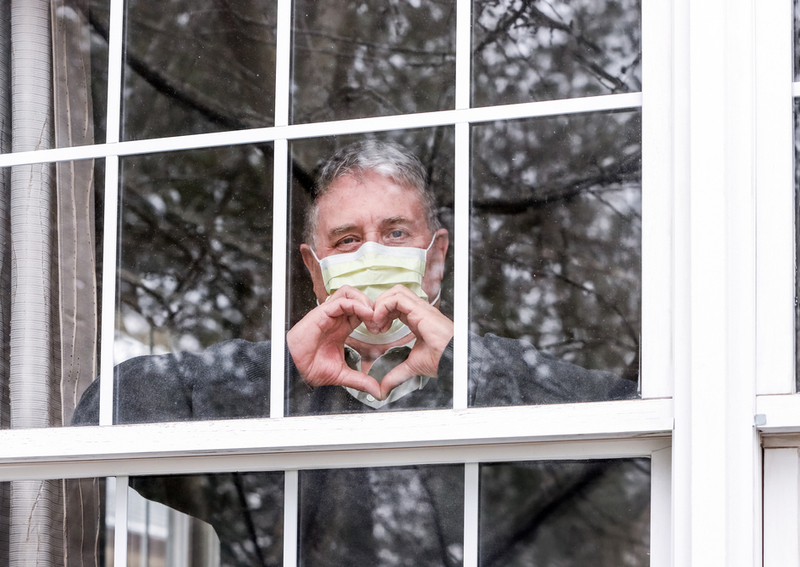
Effects Of Loneliness In Seniors
As per the US census bureau, about one-third of all the seniors in the country live by themselves. Isolation is a common and dangerous problem among seniors. Living alone does not certainly lead to loneliness in seniors, but the two go hand in hand. Since March last year, the CDC has urged seniors to stay home with very few visitors. The restrictions have helped to protect the senior community but have limited the interaction with family and friends, which has increased isolation among seniors. This isolation can result in depression, loss of weight, a decline of cognitive capabilities, and many other complications. Read along to understand the physical and mental effects on seniors and how it has been complicated by the coronavirus pandemic.
Dangers Of Senior Isolation
Isolation in seniors can complicate existing conditions, affect cognition and encourage an unhealthy lifestyle. Some of the effects of isolation in seniors are:
Increased Stress:
Loneliness can result in increased levels of stress in seniors in senior living communities and homes. As per a study conducted by the researchers at the University of Chicago, levels of stress and blood pressure are very high in people who are lonely and this is especially true among seniors.
Increased Risk Of Alzheimer’s Disease:
As per the results of a recent study, loneliness can lead to cognitive decline. According to the study, the risk of Alzheimer’s almost doubled in lonely seniors. Furthermore, the rate of mental decline is faster in lonely adults.
Increase In Unhealthy Habits:
As per the American psychiatry association, social isolation might result in bad health habits. Seniors who are isolated and lonely are more likely to get into unhealthy habits like smoking, drinking and can neglect physical activities. On the other hand, social support can encourage elderly people to exercise, eat and lead a healthy life.
Isolated Seniors Expect The Worst:
Seniors who are socially isolated and lonely are much more likely to assume that the quality of their life is deteriorating. In addition, they will be more concerned about the need for help from senior living and assisted living communities as they get older.
Isolation Can Increase Chances Of Elder Abuse:
Seniors who are isolated are much more likely to be targeted by financial abusers and scammers. In addition, neglect, which is a type of senior abuse, is likely to go unnoticed. Elderly people are not likely to report abuse without a trusted person and they may also try to protect abusers if they do not have any other caregivers.
